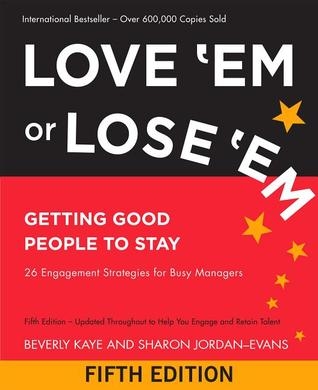
In the corporate world, it’s essential to consistently bring your A-game to make a lasting impression and navigate the landscape. Amidst countless books, websites, and anecdotes advocating various business strategies, one department emerges as the crucial link between a company’s triumphs and obstacles – Human Resources.
Often referred to as the pulse of an organization, HR entails an extensive range of duties, including recruitment and training, policy enforcement, employee engagement, and crisis management. HR transcends hiring and documentation. It creates an atmosphere where employees flourish, policies are respected, and a company’s vision takes root.
Discover the intricacies of Human Resources in the context of establishing your own enterprise or broadening your understanding of business in general. Recognize how HR is instrumental in safeguarding a company’s culture, enforcing regulations, championing employee well-being, and initiating change by unveiling the elaborate web of its functions.
1. HR consulting

In addition to their core internal responsibilities, HR professionals often extend their expertise beyond the company’s walls by engaging in HR consulting. HR consulting involves providing specialized advisory services to external clients, such as other organizations or businesses seeking HR expertise. HR consultants bring a wealth of knowledge in areas like talent acquisition, organizational development, compliance, and more.
The HR consultant offers strategic guidance, conduct HR audits, and assist clients in addressing specific challenges or opportunities. This versatile role allows HR experts to share their insights, improve industry practices, and contribute to the success of various businesses, making HR consulting a dynamic and impactful facet of the HR field.
2. Recruitment

HR is not just about posting job ads and conducting interviews, as TV may make it seem; it is about finding the right talent that meshes perfectly with the company culture. They are the corporate matchmaking experts!
HR professionals craft enticing job descriptions that attract top-notch candidates, scouring resumes, LinkedIn profiles, and even networking events to find potential hires. They conduct interviews to evaluate skills, experience, and cultural fit. Also, they welcome new employees, helping them settle in, and ensuring they are ready to hit the ground running.
3. Cultivate culture

Who wants to work where they feel unsafe, unwanted, or unconfident? Nobody. This is where HR comes in— they shape the company culture. They are like gardeners nurturing the workplace environment by creating programs and initiatives to keep employees motivated and satisfied, organizing training programs and workshops to help employees grow, and promoting diversity and inclusion to ensure all employees feel valued and respected.
4. Reinforce policy

Yes, they also do the nitty gritty job of ensuring everybody adheres to policies and rules (i.e. the policy police). This involves staying up-to-date with ever-changing labour laws and regulations to avoid getting in trouble, developing and maintaining employee handbooks that outline company policies, mediating disputes between employees and resolving conflicts, and overseeing disciplinary actions when necessary.
Unsurprisingly, they also create and enforce ethical guidelines and codes of conduct for employees to maintain the company’s reputation and values.
5. Provide benefits

Ah, arguably the best part of the job for anybody: the benefits. And yes, our best friend, the HR department, is responsible for that. From administering payroll and ensuring fair and competitive salaries to managing healthcare benefits, wellness programs, and even gym memberships, HR is the go-to department for employee financial and physical well-being.
Do you know your retirement plans? Yeah, that also falls under HR. They also oversee retirement plans, including 401(k) and pension schemes, ensuring employees have a secure financial future.
6. Crisis management

HR manages the fallout when crises strike, providing a steady hand in turbulent times. This includes handling the difficult tasks of layoffs and downsizing during tough economic periods, offering support and resources for employees affected by crises, creating disaster preparedness plans for the company, and managing emergency response teams. HR’s ability to navigate difficult situations empathetically and efficiently is vital to the organization’s stability.
7. Catalyze change

HR is often at the forefront of organizational change, acting as the architects of transformation. This includes assisting in change management by helping employees adapt to changes, whether a new software system or a company merger.
They are instrumental in organizational development, improving the company’s structure and processes, identifying and nurturing future leaders, and fostering a culture of innovation and adaptability. HR’s ability to facilitate change is key to keeping the company agile and competitive.









